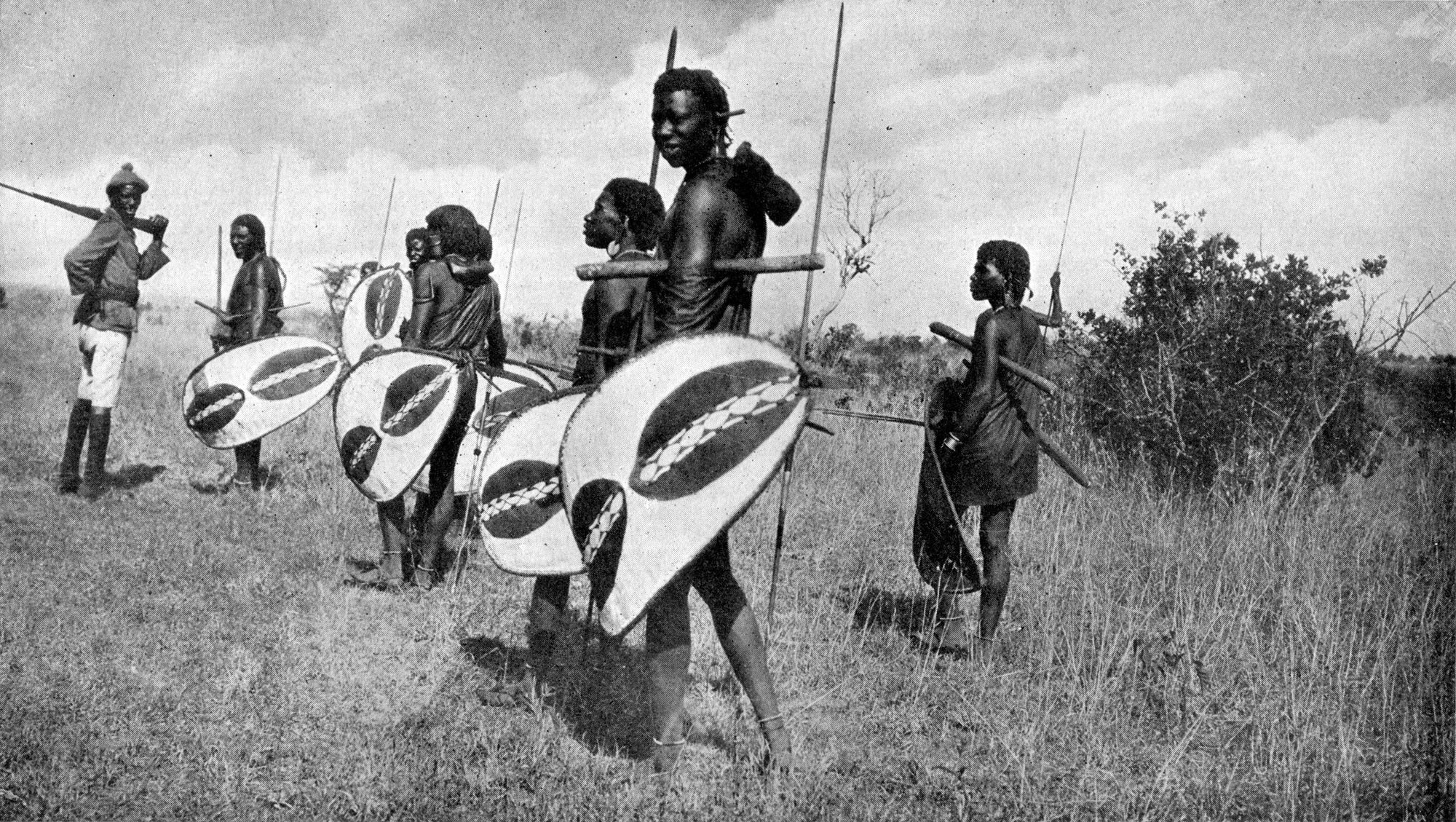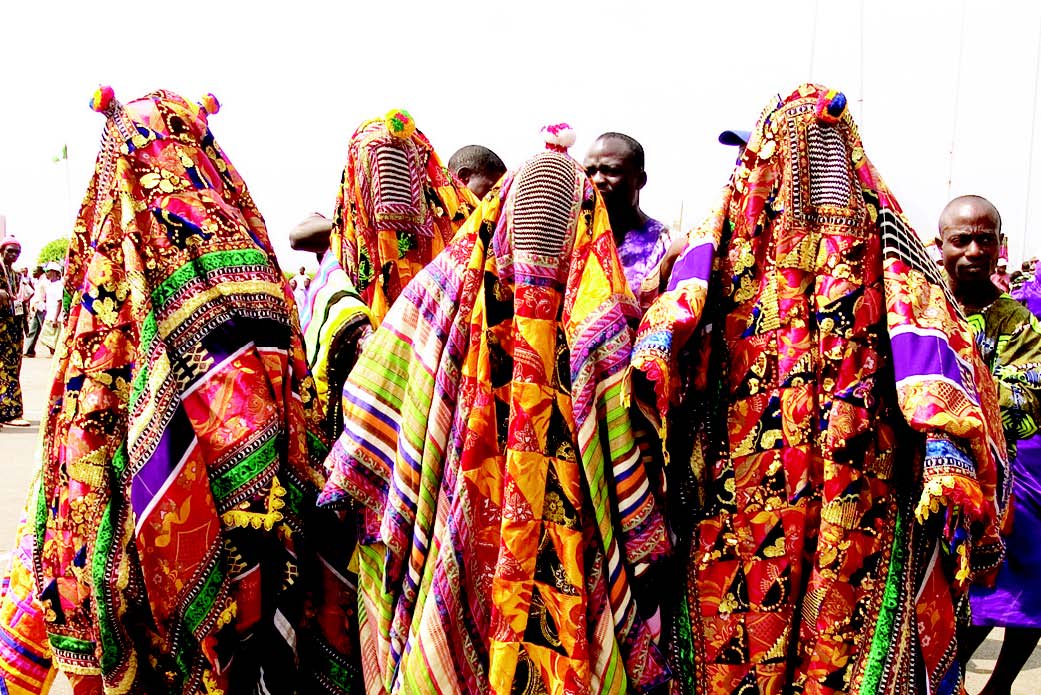In 1904, the Herero and Nama people of South-West Africa (now known as Namibia) revolted against their German colonizers, in a war of rebellion. This war, as well as the extermination order that followed it, are considered by most historians to be the earliest, if not first genocide of the 20th century.
In 1884, present day Namibia was declared a German colonial territory. The Germans began to amass more and more land from local African inhabitants, further instituting laws and policies that served to undermine and oppress the local population.
From 1885 onwards, the Herero people were far more economically and socially powerful than their German counterparts hence they were able to keep their colonization under control. In 1897, Rinderpest disease struck South-West Africa and killed 90% of the Herero herds, significantly weakening them – both physically and economically.
With the Herero weakened, the Germans became brutal in their colonial policies. Every now and then a group of Herero/Nama would attempt to rise up against the Germans but were often unsuccessful. By 1904, tensions had risen within the colony, and the Herero under the leadership of Samuel Maherero rebelled against the Germans, later escalating into a war.
Lothar von Trotha, who was head of the military administration, arrived in June 1904, when there had not been any major combat for over two months and the Herero had fled to the edge of the Kalahari Desert. During this time Lothar had his troops encircle and attack the Herero, his intent being to “annihilate the masses in a simultaneous blow.” In August Lothar and his troops attacked and killed approximately 40,000 Herero natives.
In subsequent months, Lothar continued to pursue the Herero into the desert. Those that surrendered were captured and executed summarily. By early October, Lothar was forced to abandon pursuit due to exhaustion and lack of supplies. This being the case, he had patrols stationed along the parameter of the desert to prevent the Herero from returning to the German colony under the “extermination order” policy. This essentially meant that any Herero found within the German boundaries, whether armed or otherwise, with or without cattle, would be killed. The order stood for two months and was eventually rescinded by the emperor following sustained lobbying by Reich Chancellor Bernhard von Bulow.
In 1905, the Nama in the south also rose up against their German colonizers, starting the official Nama war. With use of guerilla tactics, the Nama were able to engage the Germans in war for over two years. During the war, all Nama and Herero people that the German came across were shipped to concentration camps as “prisoners of war.” (SAHO)
The prisoners were used as slave labourers to build railways, docks and buildings through-out the country. Many of the buildings in Namibia today were built by slave labourers. The conditions of the camps were so harsh and it was estimated that half of all the prisoners in the camps died there.
By 1907, the Germans had suffered great losses to the Nama, the general population was also fed-up with the war and demanded a cease fire. On the 3rd of March 1907, under the pressure of consensus, the Governor of South-West Africa – Friedrich von Lindequist, declared the war officially over. By this time, both the Herero and Nama societies that existed before the war were completely decimated. The war had claimed between 65,000 to 80,000 Herero lives. Having lost their homelands, cattle as well as freedom, the survivors became exploited wage laborers for the Germans as well as British after them.
Germany has previously acknowledged the atrocities but ruled out paying reparations. In 2018 they repatriated some human remains to Namibia, which was used as discredited research to prove the racial discrimination of white Europeans. However, as of May 2021, Germany officially acknowledged committing genocide during its colonial occupation of Namibia and announced financial aid of £1.1 billion.









